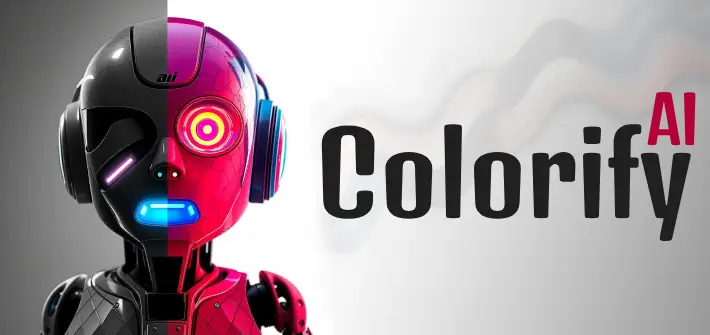
Agentic AI in Cybersecurity: Shaping the Future of Cyber Leadership, Policy, and Innovation
Agentic AI in Cybersecurity is no longer a futuristic concept—it’s rapidly becoming the backbone of modern digital defense. In today’s…

Agentic AI in Cybersecurity is no longer a futuristic concept—it’s rapidly becoming the backbone of modern digital defense. In today’s…

In a world that increasingly revolves around screens, what happens to those who can’t see them? For people who are…

In today’s fast-paced digital world, having access to a Free AI Image Enhancer can make all the difference. Whether you’re…

In many areas of technology, it has been widely observed that traditional systems are being replaced by advanced innovations —…

In recent years, a captivating shift has occurred in the world of collectibles, one driven by artificial intelligence. The action…

In a world where digital content is king, having the right tools to enhance and create images is more important…

Did you know that over 85% of today’s AI systems are controlled by centralized entities—be it tech giants or government…

As you know, AI-powered tools are advancing at an astonishing pace, and we always strive to introduce the best and…

In the fast-paced and exciting world of artificial intelligence, where we witness groundbreaking innovations in tools like chatbots and image…
Instagram, with millions of daily active users, has become one of the most powerful social platforms for personal branding, business…